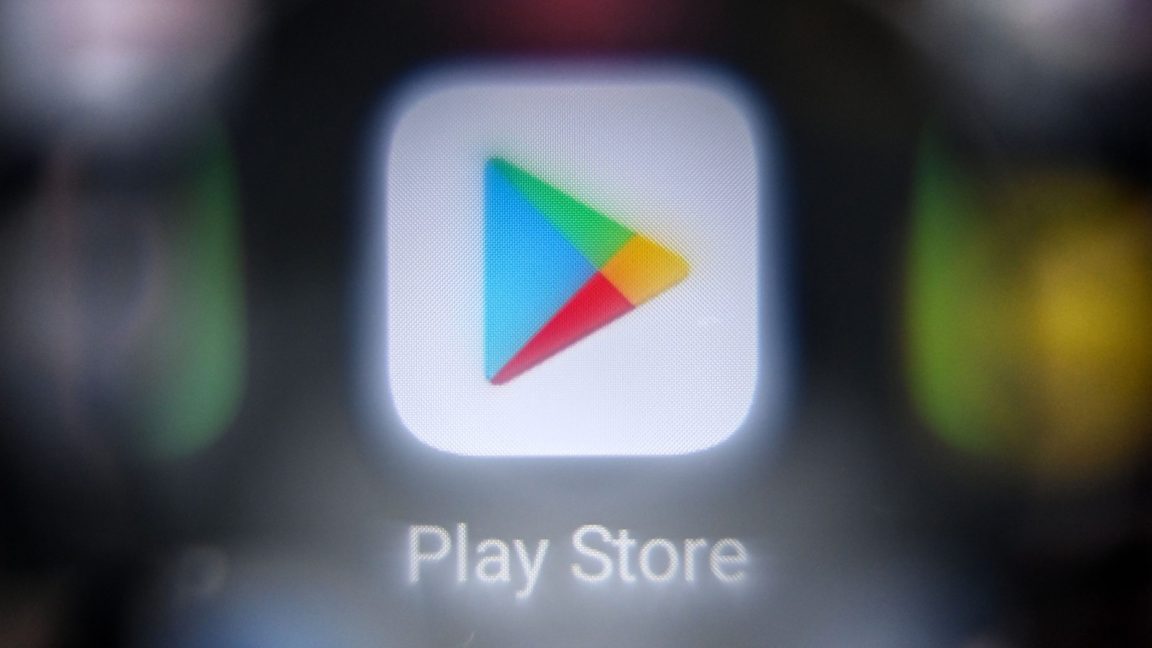
Credit: Getty Images | Kirill Kudryavtsev
Since launching Google Play (née Android Market) in 2008, Google has never made a change to the US store that it didn’t want to make—until now. Having lost the antitrust case brought by Epic Games, Google has implemented the first phase of changes mandated by the court. Developers operating in the Play Store will have more freedom to direct app users to resources outside the Google bubble. However, Google has not given up hope of reversing its loss before it’s forced to make bigger changes.
Epic began pursuing this case in 2020, stemming from its attempt to sell Fortnite content without going through Google’s payment system. It filed a similar case against Apple, but the company fell short there because it could not show that Apple put its thumb on the scale. Google, however, engaged in conduct that amounted to suppressing the development of alternative Android app stores. It lost the case and came up short on appeal this past summer, leaving the company with little choice but to prepare for the worst.
Google has updated its support pages to confirm that it’s abiding by the court’s order. In the US, Play Store developers now have the option of using external payment platforms that bypass the Play Store entirely. This could hypothetically allow developers to offer lower prices, as they don’t have to pay Google’s commission, which can be up to 30 percent. Devs will also be permitted to direct users to sources for app downloads and payment methods outside the Play Store.
Doing only what’s required.
Credit: Google
Google’s support page stresses that these changes are only being instituted in the US version of the Play Store, which is all the US District Court can require. The company also notes that it only plans to adhere to this policy “while the US District Court’s order remains in effect.” Judge James Donato’s order runs for three years, ending on November 1, 2027.
The fight continues
Google is fighting tooth and nail to keep the Play Store locked down, which it claims is beneficial to Android users who expect an orderly and safe app ecosystem. The company pleaded with the US Supreme Court several weeks ago to consider the supposed negative impact of the order, asking to freeze the lower court’s order while it prepared its final appeal.
Ultimately, SCOTUS allowed the order to stand, but Google has now petitioned the high court to hear its appeal in full. The company will attempt to overturn the original ruling, which could return everything to its original state. With Google’s insistence that it is only allowing this modicum of extra freedom while the District Court’s order is in effect, devs could experience some whiplash if the company is successful.
It’s uncertain if the high court will take up the case and whether that would save Google from implementing the next phase of Judge Donato’s order. That includes providing a mirror of Play Store content to third-party app stores and distributing those stores within the Play Store. Because these are more complex technical requirements, Google has 10 months from the final ruling to comply. That puts the deadline in July 2026.
If the Supreme Court decides to hear the case, arguments likely won’t happen for at least a year. Google may try to get the summer 2026 deadline pushed back while it pursues the case. Even if it loses, the impact may be somewhat blunted. Google’s planned developer verification system will force all developers, even those distributing outside the Play Store, to confirm their identities with Google and pay a processing fee. Apps from unverified developers will not be installable on Google-certified Android devices in the coming years, regardless of where you get them. This system, which is allegedly about ensuring user security, would also hand Google more control over the Android app ecosystem as the Play Store loses its special status.

-
 C114 Communication Network
C114 Communication Network -
 Communication Home
Communication Home


